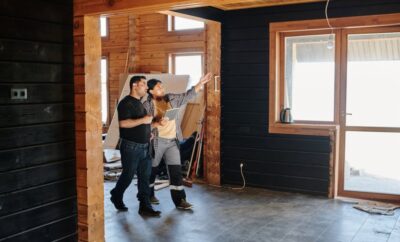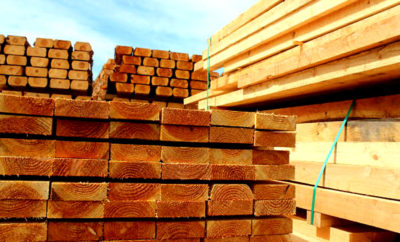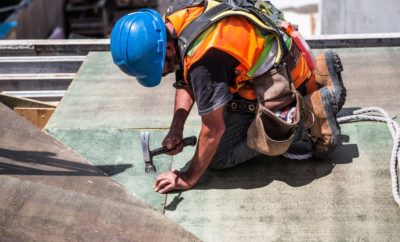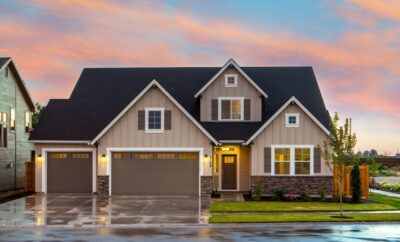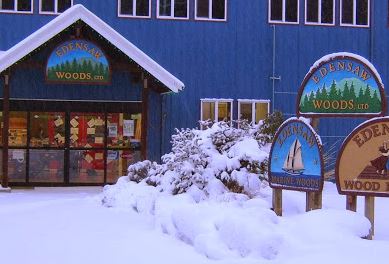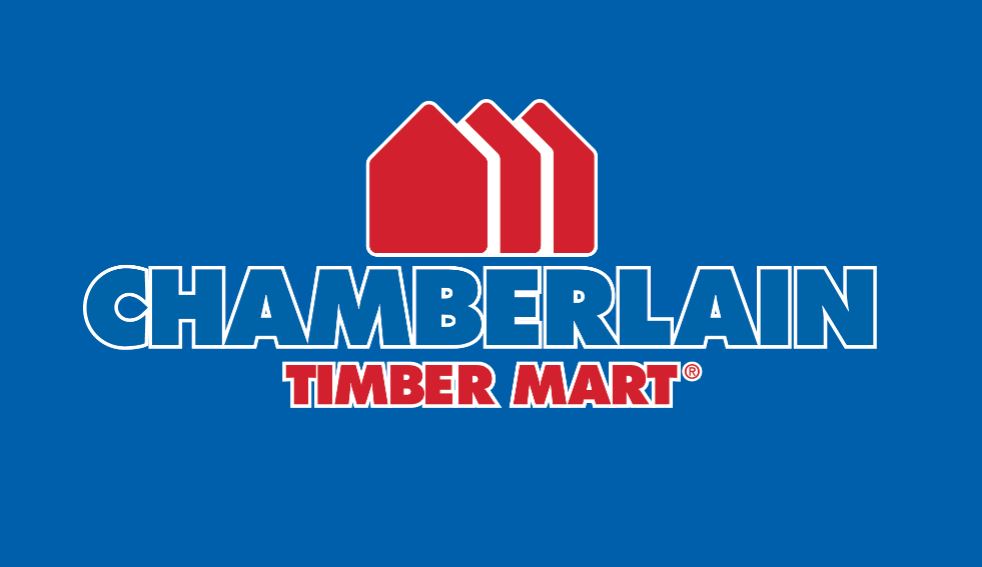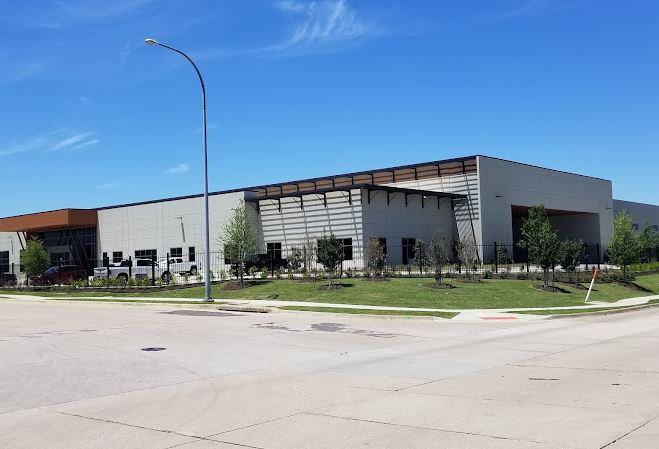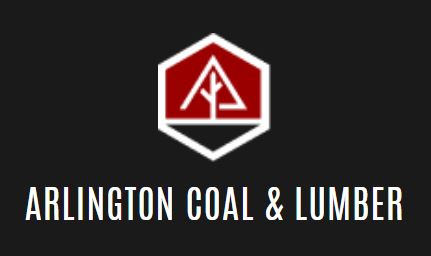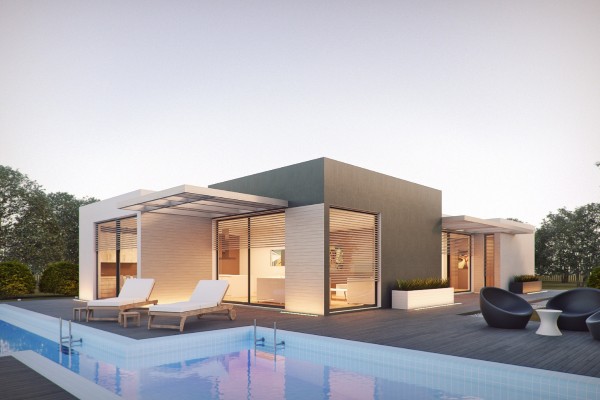
New House Sales Increased Significantly In December
New home sales closed the year on a high note, reaching their highest level since March 2021, driven by strong buyer demand and the anticipated increased mortgage rates.
According to freshly released data from the U.S. Department of Housing and Urban Development and the U.S. Census Bureau, sales of newly built, single-family houses in December jumped 11.9 percent to an 811,000 seasonally adjusted annual rate from a downwardly revised figure in November.
In 2021, new home sales were down 7.3 percent from the previous year.
“Though builders continue to grapple with higher construction costs, the December data reveal ongoing demand for new construction, given lean inventories of resale homes,” Chuck Fowke, chairman of the National Association of Home Builders (NAHB) and a custom home builder from Tampa, Florida said.
“The double-digit sales gain in December was likely due to motivated buyers who were seeking to sign sales contracts before interest rates move higher at the start of 2022,” NAHB Chief Economist Robert Dietz stated.
“Higher interest rates this year will price out some buyers from the market, but the existing home inventory shortfall remains.”
When a sales contract is signed or a deposit is accepted, a new home is sold.
The house might be in any stage of construction: unfinished, under construction, or finished.
In addition to compensating for seasonal factors, the December reading of 811,000 units represents the number of homes that would sell if the current pace was maintained for the following year.
With 403,000 new single-family homes for sale, inventory remained stable at a 6-month supply, up 34.8 percent from December 2020.
The median sales price declined from $416,100 in November to $377,700 in December, although it was higher than the $365,300 median price announced a year ago, owing mostly to higher development expenditures, including materials.
Regionally, new house sales are down 5.8 percent in the Northeast, 7.6 percent in the Midwest, 5.9 percent in the South, and 10.5 percent in the West year to date.












